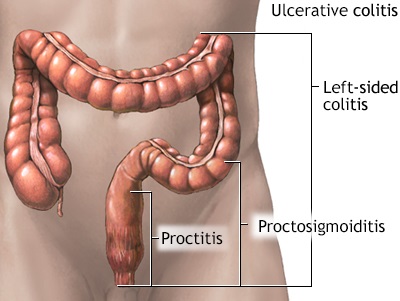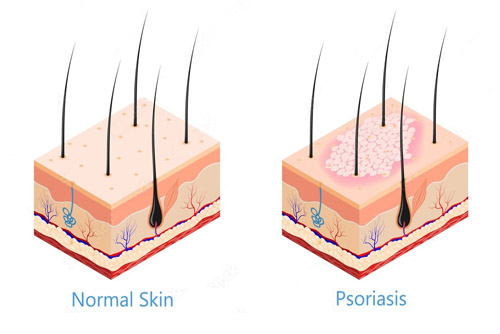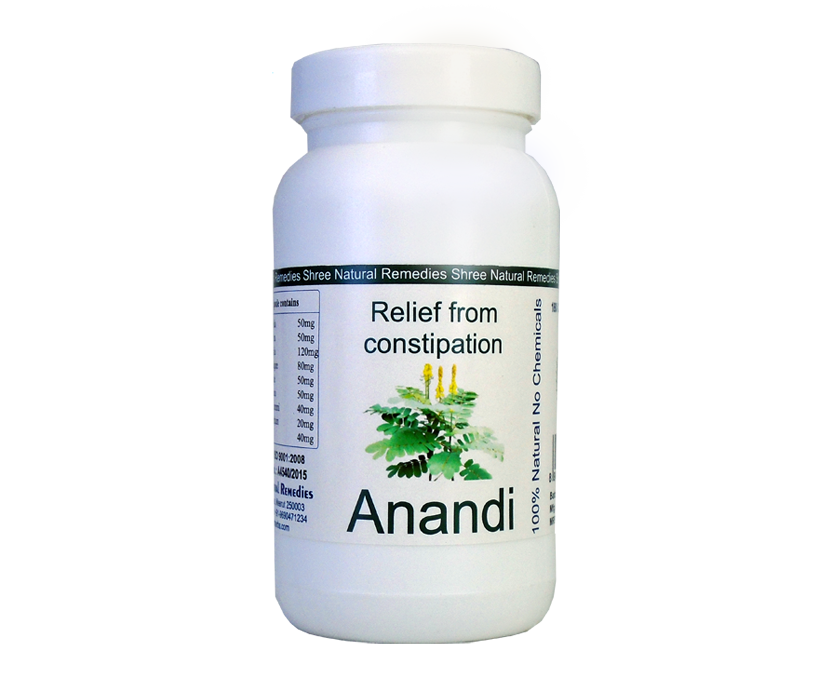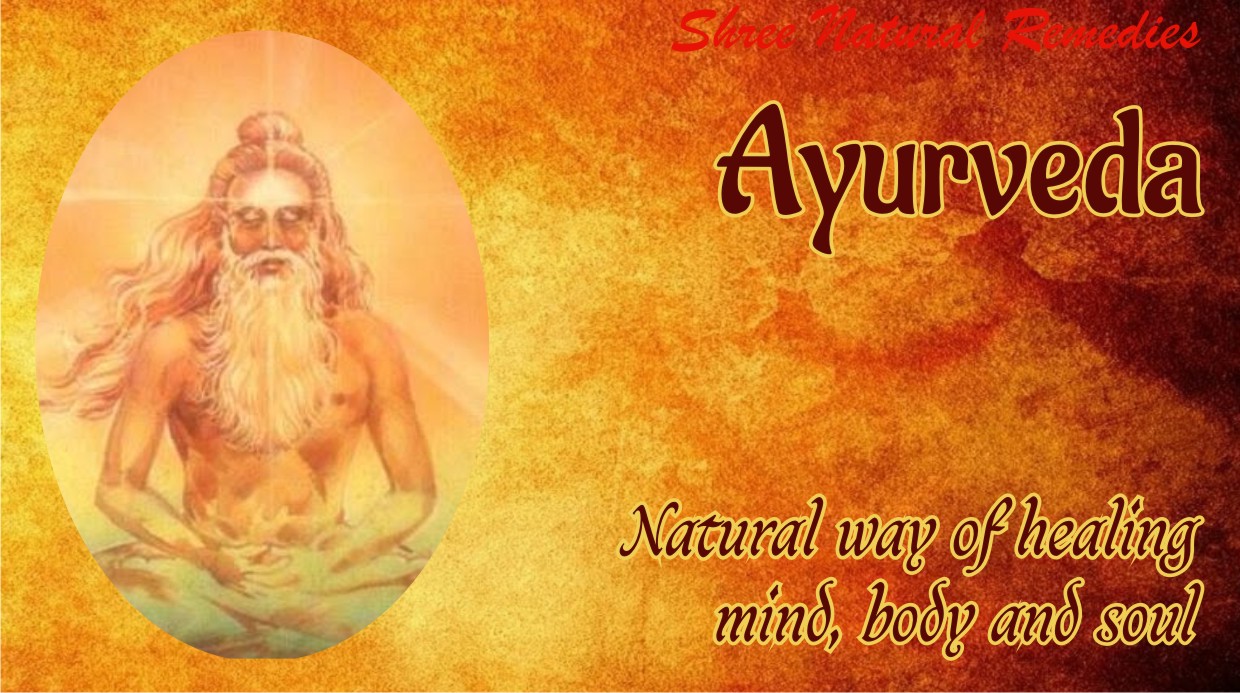Constipation is the most common chronic gastrointestinal disorder in adults. Depending on the definition employed, it occurs in 2% to 20% of the population. It is more common in women, the elderly and children. Specifically, constipation with no known cause affects females more often affected than males. The reasons it occurs more frequently in the elderly is felt to be due to an increasing number of health problems as humans age and decreased physical activity.
12% of the population worldwide reports having constipation.
Chronic constipation accounts for 3% of all visits annually to paediatrics outpatient clinics.
When to take notice of constipation
- Your stools are dry and hard.
- Your bowel movement is painful and stools are difficult to pass.
- You have a feeling that you have not fully emptied your bowels.
Complications that can arise from constipation include hemorrhoids, anal fissures, rectal prolapse, and fecal impaction. Straining to pass stool may lead to hemorrhoids. In later stages of constipation, the abdomen may become distended, hard and diffusely tender.
Bowel movements that are difficult to pass, very firm, or made up of small hard pellets (like those excreted by rabbits) qualify as constipation, even if they occur every day. Constipation is traditionally defined as three or fewer bowel movements per week.
Other symptoms related to constipation can include bloating, distension, abdominal pain, headaches, a feeling of fatigue and nervous exhaustion, or a sense of incomplete emptying.
Distinguish between acute (days to weeks) or chronic (months to years)
- People often describe their constipation as bowel movements that are difficult to pass, firm stool with lumpy or hard consistency, and excessive straining during bowel movements. Bloating, abdominal distension, and abdominal pain often accompany constipation.
- Chronic constipation (symptoms present at least three days per month for more than three months) associated with abdominal discomfort is often diagnosed as irritable bowel syndrome (IBS) when no obvious cause is found.
- Poor dietary habits, previous abdominal surgeries, and certain medical conditions can contribute to constipation.
- Diseases associated with constipation include hypothyroidism, certain types of cancer, and irritable bowel syndrome.
- Low fiber intake, inadequate amounts of fluids, poor ambulation or immobility, or medications can contribute to constipation.
- Serious causes like, colon cancer may be suspected if a person has a family history of colon cancer, fever, weight loss, and rectal bleeding.
- Other alarming signs and symptoms include family or personal history of inflammatory bowel disease, age of onset over 50, change in stool calibre, nausea, vomiting, and neurological symptoms like weakness, numbness and difficulty urinating.
How does constipation happen?
Constipation happens because your colon absorbs too much water from waste (stool/poop), which dries out the stool making it hard in consistency and difficult to push out of the body.
To back up a bit, as food normally moves through the digestive tract, nutrients are absorbed. The partially digested food (waste) that remains moves from the small intestine to the large intestine, also called the colon. The colon absorbs water from this waste, which creates a solid matter called stool. If you have constipation, food may move too slowly through the digestive tract. This gives the colon more time – too much time – to absorb water from the waste. The stool becomes dry, hard, and difficult to push out.
Internal damage or other health problems associated with Constipation.
- There are a few complications that could happen if you don’t have soft, regular bowel movements. Some complications include:
- Swollen, inflamed veins in your rectum (a condition called hemorrhoids).
- Tears in the lining of your anus from hardened stool trying to pass through (called anal fissures).
- An infection in pouches that sometimes form off the colon wall from stool that has become trapped and infected (a condition called diverticulitis)
- A pile-up of too much stool/poop in the rectum and anus (a condition called fecal impaction).
- Damage to your pelvic floor muscles from straining to move your bowels. These muscles help control your bladder. Too much straining for too long a period of time may cause urine to leak from the bladder (a condition called stress urinary incontinence).
What causes constipation?
There are many causes of constipation – lifestyle choices, medications, medical conditions, and pregnancy.
Common lifestyle causes of constipation include:
- Eating foods low in fiber.
- Not drinking enough water (dehydration).
- Not getting enough exercise.
- Changes in your regular routine, such as traveling or eating or going to bed at different times.
- Eating large amounts of milk or cheese.
- Stress.
- Resisting the urge to have a bowel movement.
- Older age. Older people tend to be less active, have a slower metabolism and less muscle contraction strength along their digestive tract than when they were younger.
- Being a woman, especially while you are pregnant and after childbirth. Changes in a woman’s hormones make them more prone to constipation. The baby inside the womb squishes the intestines, slowing down the passage of stool.
- Endocrine problems, like underactive thyroid gland (hypothyroidism), diabetes, uremia, hypercalcemia.
- Colorectal cancer.
- Irritable bowel syndrome (IBS).
Medications that can cause constipation include:
- Strong pain medicines, like the narcotics containing codeine, oxycodone and hydromorphone.
- Nonsteroidal anti-inflammatory drugs, like ibuprofen and naproxen.
- Antidepressants, including the selective serotonin reuptake inhibitors or tricyclic antidepressants.
- Antacids containing calcium or aluminium
- Iron pills.
- Allergy medications, such as antihistamines (like diphenhydramine [Benadryl®]).
- Certain blood pressure medicines, including calcium channel blockers, diltiazem and nifedipine and beta-blockers.
- Psychiatric medications, like clozapine and olanzapine.
- Anticonvulsant/seizure medications, such as phenytoin and gabapentin.
- Antinausea medications, like ondansetron.
- Many drugs can cause constipation. Ask your doctor or pharmacist if you have any questions or concerns.
Treating constipation
Self-care
Most cases of mild to moderate constipation can be managed by you at home. Self-care starts by taking an inventory of what you eat and drink and then making changes.
Some recommendations to help relieve your constipation include:
- Drink two to four extra glasses of water a day. Avoid caffeine-containing drinks and alcohol, which can cause dehydration. Drink eight 8-ounce glasses of water a day. (Note: Milk can cause constipation in some people.) Liquids that contain caffeine, such as coffee and soft drinks, can dehydrate you. You may need to stop drinking these products until your bowel habits return to normal.
- Eat a well-balanced diet with plenty of fiber. Good sources of fiber are fruits, vegetables, legumes, and whole-grain breads and cereals. Fiber and water help the colon pass stool. Most of the fiber in fruits is found in the skins, such as in apples. Fruits with seeds you can eat, like strawberries, have the most fiber. Bran is a great source of fiber. Eat bran cereal or add bran cereal to other foods, like soup and yogurt. People with constipation should eat between 18 and 30 grams of fiber every day.
- Keep a food diary and single out foods that constipate you.
- Get moving, exercise.
- Check how you sit on the toilet. Raising your feet, leaning back or squatting may make having a bowel movement easier.
- Add an over-the-counter supplemental fiber to your diet.
- If needed, take a very mild over-the-counter stool, we recommend Anandi, Hingwastak churan and Agnimukh churan.
- Do not read, use your phone or other devices while trying to move your bowels.
- Move your bowels when you feel the urge. Do not wait.










